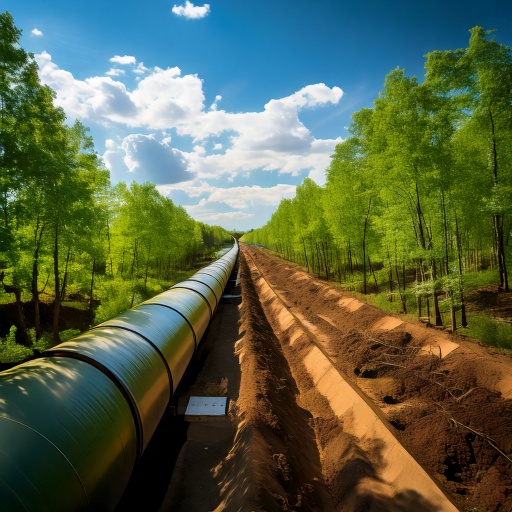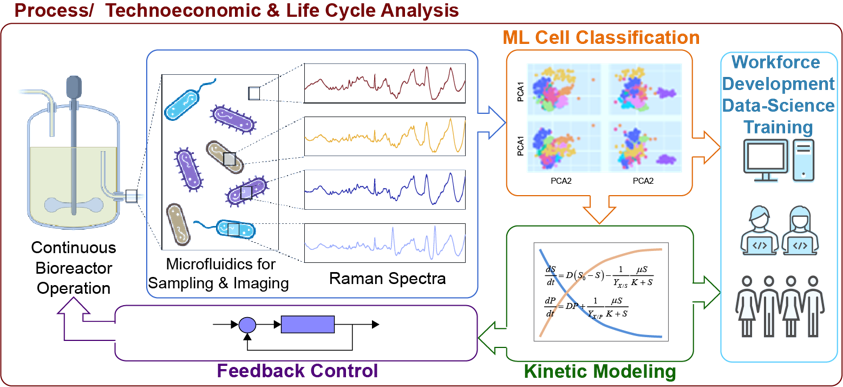Research
At the Data-Driven Process Systems Engineering Lab, we work at the intersection of methods development and real-world applications. Our research spans two key areas:
- Methods-Driven Research: We develop novel approaches in data-driven optimization and hybrid modeling, integrating machine learning with fundamental process knowledge.
- Application-Driven Research: We apply our methods to tackle pressing challenges in energy systems and sustainable manufacturing. Our projects blend theoretical advancements with impactful applications to create sustainable and efficient engineering solutions.

Featured

In our DDPSE GitHub repository, you can find two tools for simulation-based optimization, DDSBB and MINOAN. Our research integrates machine learning with global optimization techniques to create reliable, efficient, and globally convergent methods. These tools enable practitioners to find improved solutions to engineering problems.

We study different hybridization scenarios for model development, including hybrid modeling and process-informed machine learning. We also use machine learning to expedite phenomenological model discovery. Read our publications on this topic, including a recent invited Perspectives article in Computers and Chemical Engineering.

In this collaborative project, we build models to understand how solids-based processing technology can be used to depolymerize plastics. We start with modeling particle movement within ball mill processes, then develop an integrated flowsheet model and perform technoeconomic, life cycle and supply chain analysis (see publications).

To expedite the wide adoption of carbon capture systems (for flue gas and direct-air capture), detailed models must be used to optimize their design and operation, so that they are economical, energy efficient and safe. Our data-driven optimization tools have been used in collaborative projects to find feasible and efficient designs.

We propose to use a combination of high-throughput data streams, machine learning and phenomenological models to develop new workflows needed for the growing bioeconomy. his collaborative project aims to address challenges caused by the lack of monitoring techniques and predictive models, which hinder scale-up and wide adoption.
More

Power grids are interconnected systems that must operate optimally and reliably even when contingencies occur. Our process informed machine learning approach enabled solutions of largescale optimization formulations of power grid operations under contingencies. Find out more in our published work and our collaborators repository.
